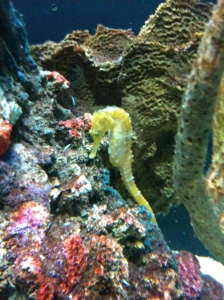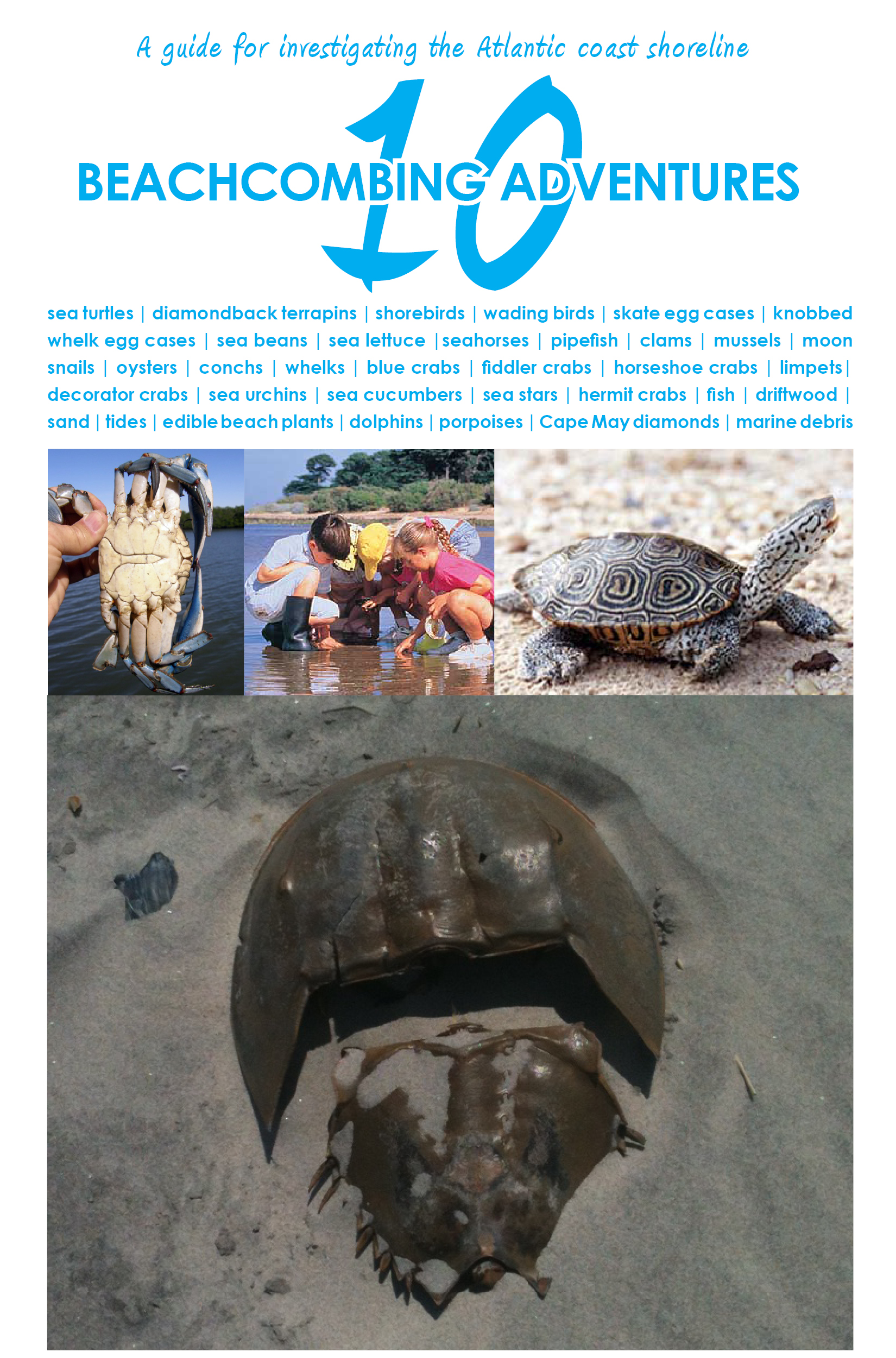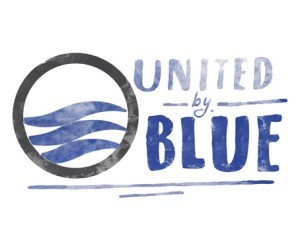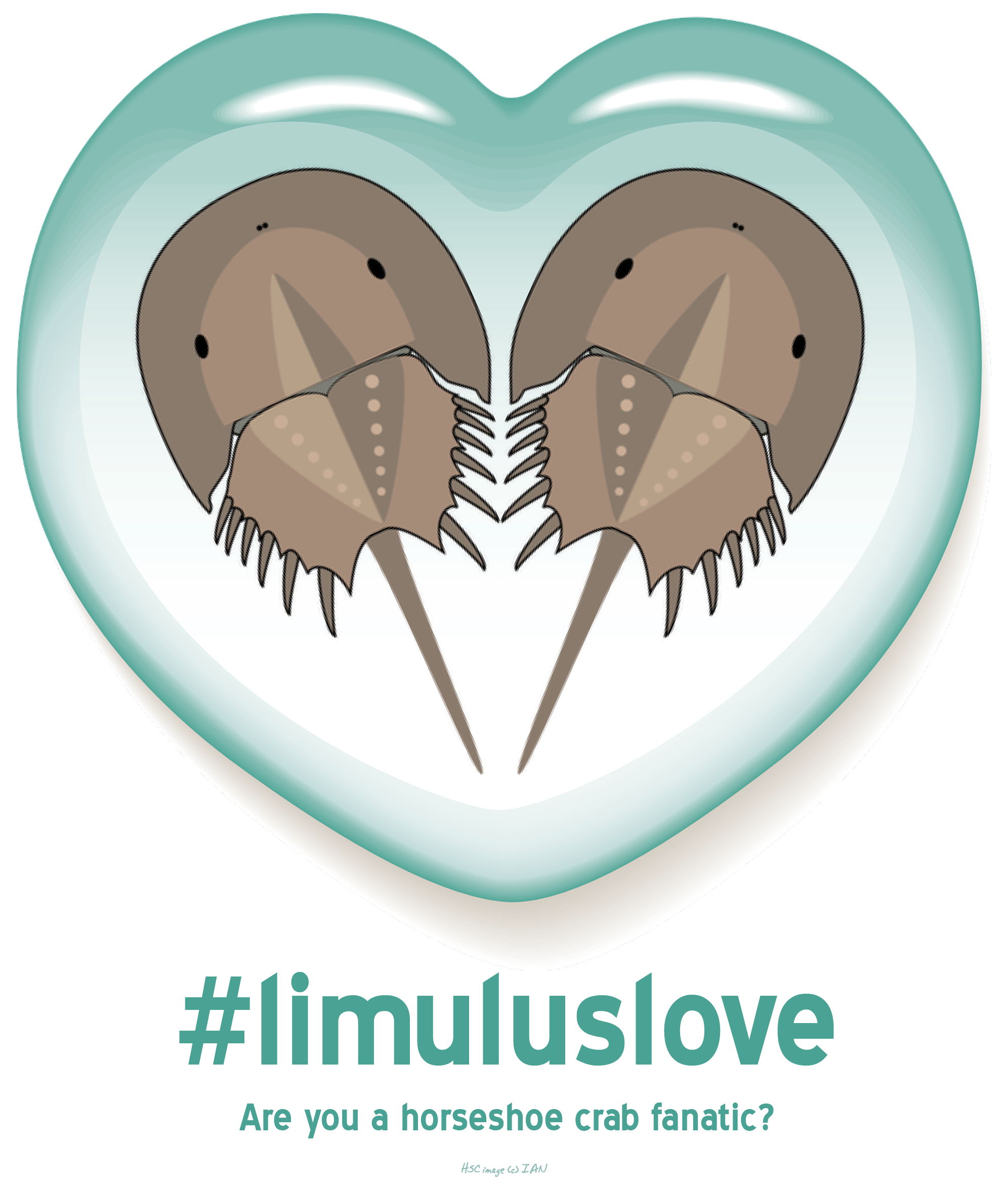Seahorses are a fascinating species to observe. I took my nephew to the National Aquarium in DC this past weekend and we were memorized by the aquatic centaurian-like bony fish (pictured right). I’ve written about seahorses in the past, and from the traffic of that post I can tell that a seahorse post is much appreciated by the BCS readers, so I thought I’d take a some time to delve into more of their hallmark traits.
Here are 5 more fun facts about seahorses to add to the list (written almost 3 years ago!). Please feel free to comment below or email info@beachchairscientist.com if you have something you’d love to share about seahorses!
- The genus name of the approximately 35 species of seahorses is ‘Hippocampus’. ‘Hippo’ is Greek for ‘horse’ and ‘kampos’ is Greek for ‘sea monster’. The cross section of the hippocampus in our brain is shaped like a seahorse.
- For over 400 years many Eastern cultures have been using seahorses in medicines to cure asthma, lower cholesterol, as well as prevent arteriosclerosis.
- Seahorses uses their strong prehensile tail to grasp onto sea grasses and other stable plants. They are decent (not strong) swimmers and use their snout to suck up food (plankton, as well as tiny fish and shrimp).
- Often storms are a threat to adult seahorses as they will pull the seahorse off its anchoring plant. Other natural threats can include sea turtles, sharks, rays, and tuna. A major non-natural threat are divers that like to scoop up seahorses for aquariums (although, many ‘seahorse ranches’ are popping up).
- Seahorses lack the scales that a ‘normal’ fish might have and instead have bony plates arranged as rings. The bony plates are very similar to that of the Stegosaurus. Each seahorse species has a unique number of rings.
If you want to learn more on seahorses (in particular – how humans have learned to immortalize them in artwork, literature, and myths), I highly recommend getting your hands on a copy of Poseidon’s Steeed: The Story of Seahorse, From Myth to Reality by Helen Scales.








What people are saying …